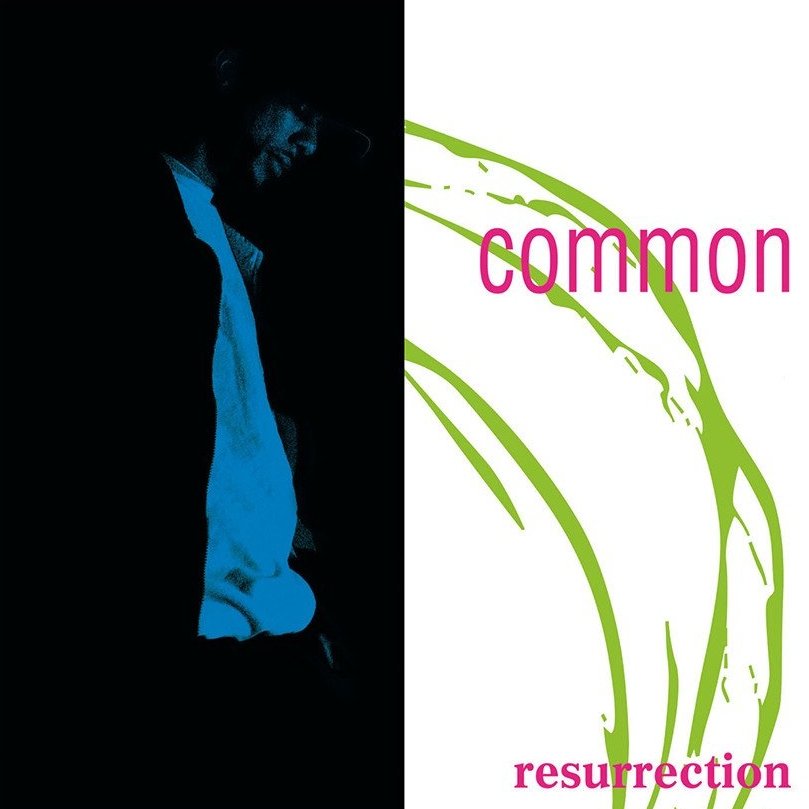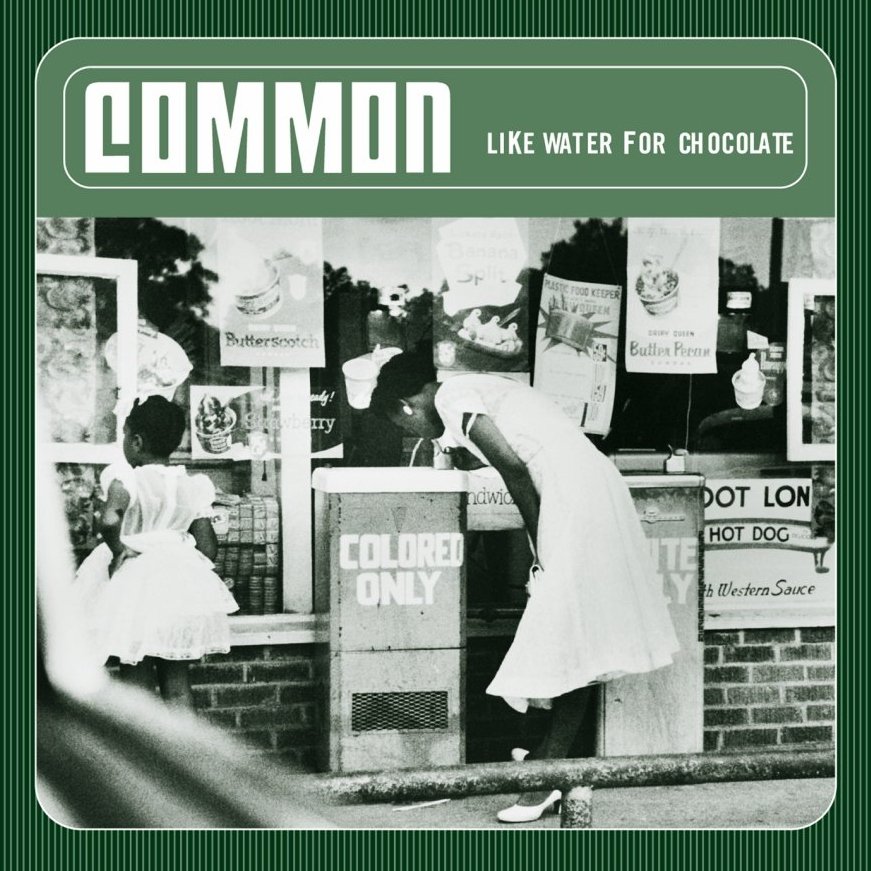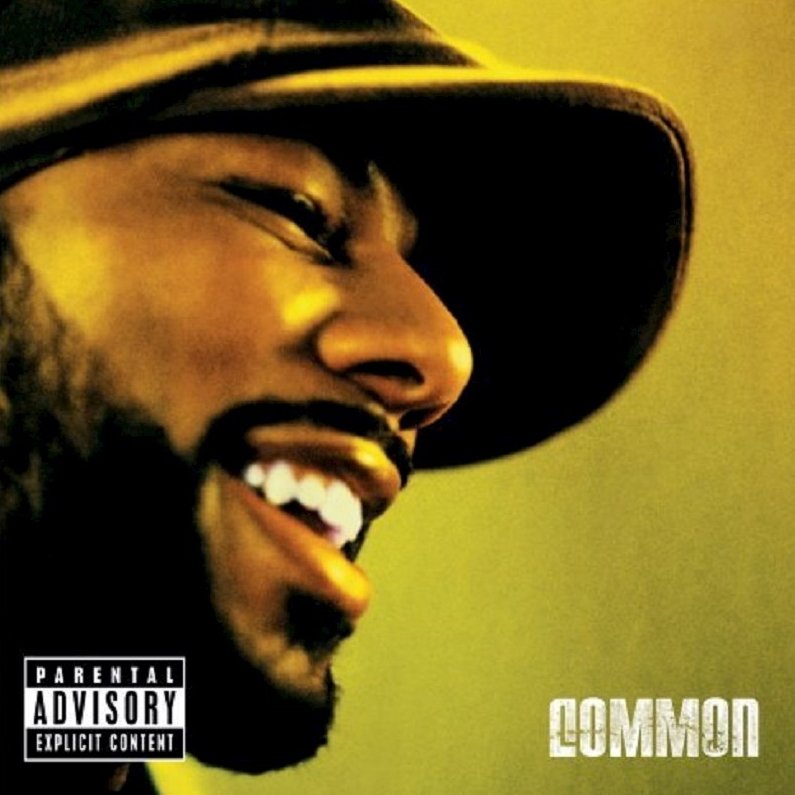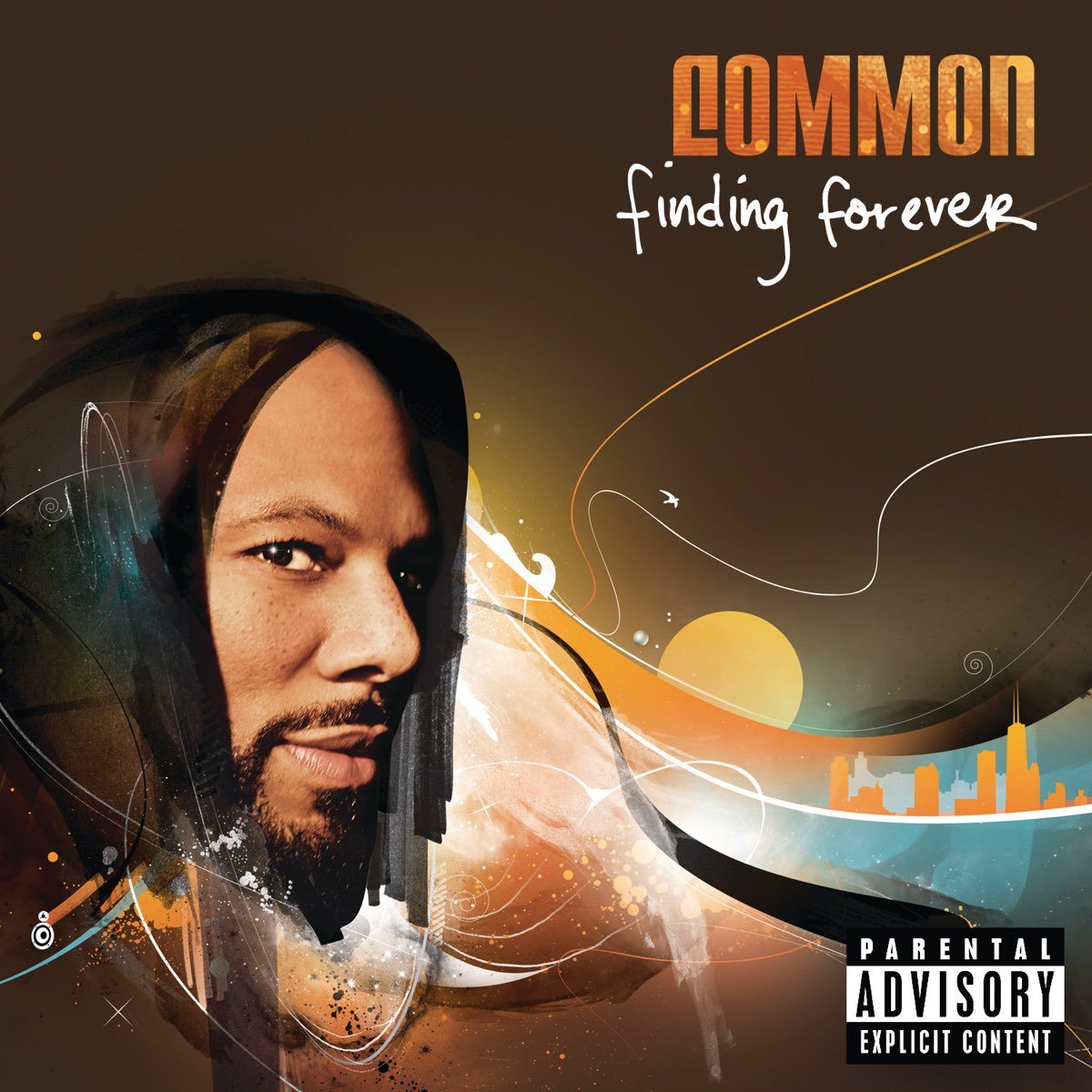Happy 25th Anniversary to Common’s third studio album One Day It’ll All Make Sense, originally released September 30, 1997.
Common's second album is named Resurrection, but the true rebirth came with album number three in 1997, One Day It‘ll All Make Sense. It’s different thematically, artistically and spiritually relative to his earlier works, both excellent in their own right (1992’s Can I Borrow a Dollar? and Resurrection in 1994). Even the name on the cover changed, as the man we knew as Common Sense was now just Common thanks to a lawsuit with a band going by the same name.
The first two albums were straight-up rap and arrived during that glorious time in the ‘90s when every new release felt like an instant classic. One Day It‘ll All Make Sense is undoubtedly still a rap album, but it marked the beginning of a new creative path for Common that he still travels today. It’s here where he aligned with the Okayplayer set, the Soulquarians and other like-minded artists, adopting a smoother sound driven by soul and live instrumentation instead of boom bap and chopped-up samples.
You can hear the influence in tracks like the James Poyser co-produced “Retrospect for Life” with Lauryn Hill, and the Questlove assisted “All Night Long” featuring Erykah Badu. Common would continue in this vein on the follow-up, Like Water for Chocolate (2000), and even more so with 2002’s Electric Circus, the latter splitting critics and listeners upon release.
It’s obvious therefore that One Day It‘ll All Make Sense was Common’s way of beginning a new chapter, coinciding with becoming a father and the sense of maturity and responsibility that brings. All of which is a nice way of saying that in the eyes of many “traditional” rap fans, One Day It‘ll All Make Sense is where Common went “soft.”
On the surface, the album does feel like a radical departure from the kid who gave us “Breaker 1/9,” and it caused some listeners to lose interest. In retrospect, however, it was more than a little unfair to assume that, based on a few soulful radio hits, Common had lost more than just the sense from his name.
Watch the Official Videos (Playlist):
The artist we heard on One Day It‘ll All Make Sense was still the same hardened rapper as before. The passionate observer who had lamented the state of hip-hop culture on “I Used to Love H.E.R.” just three years earlier, and the firebrand who beefed with Ice Cube in the aftermath, are both there right from the beginning of One Day It‘ll All Make Sense.
“Invocation” in particular has Common dropping not-so-subtle jabs at the likes of Puffy for sampling an artist as obvious as Diana Ross. The skilful storytelling and lyrical finesse are there again on tracks like the De La Soul supported “Gettin’ Down at the Amphitheater,” and on “Stolen Moments” parts 1-3. In fact, parts 2 and 3 of that trilogy are even cocky enough to include guest appearances by heavyweights Black Thought and Q-Tip, and only have them assigned to hook and adlib duties.
Elsewhere, One Day It‘ll All Make Sense benefits massively from some of the best work by Common’s secret weapon at the time, the sublime No I.D. The somewhat mythical producer and industry exec has found a lot more listeners recently thanks to his production on Jay-Z’s 4:44 (2017), but Common has known about his talent since day one and had him all to himself on early albums. No I.D.’s hands are everywhere throughout One Day It‘ll All Make Sense, producing or co-producing no less than eleven songs. After going their separate ways for several years after the album was complete, they later came full circle when No I.D. produced Common’s The Dreamer/The Believer (2011) and Nobody’s Smiling (2014) in full.
Common has won GRAMMYs, Oscars and Golden Globes since One Day It‘ll All Make Sense arrived. He’s almost unrecognizable in every way from the man begging for change on the cover of his 1992 debut. Catch him on a good day though and you’ll find that he can still run circles around most rappers. One Day It‘ll All Make Sense provides an intriguing look at the transition from the Common Sense of old to the Common we know today, and leaves it up to you to decide which you like best.
LISTEN:
Enjoyed this article? Click/tap on the album covers to explore more about Common:
Editor's note: this anniversary tribute was originally published in 2017 and has since been edited for accuracy and timeliness.





